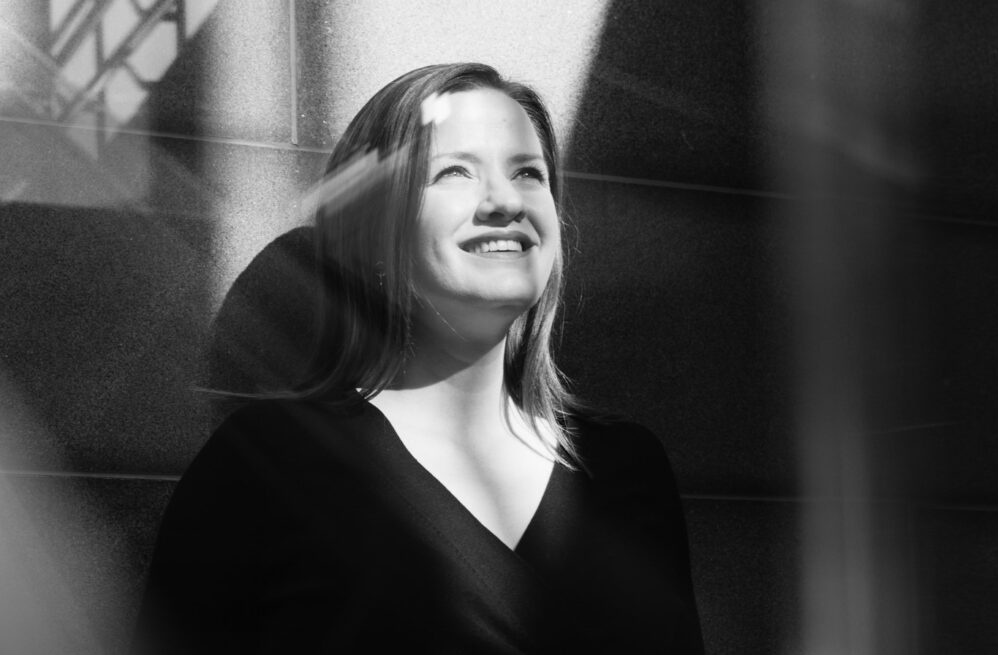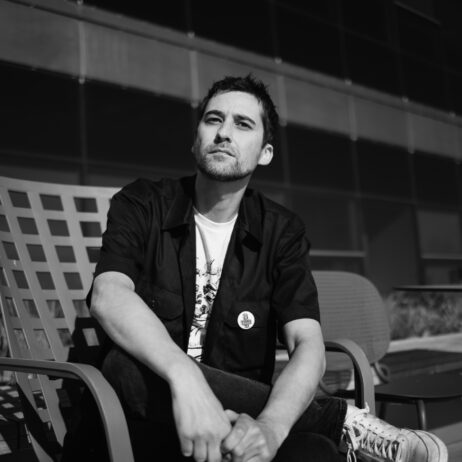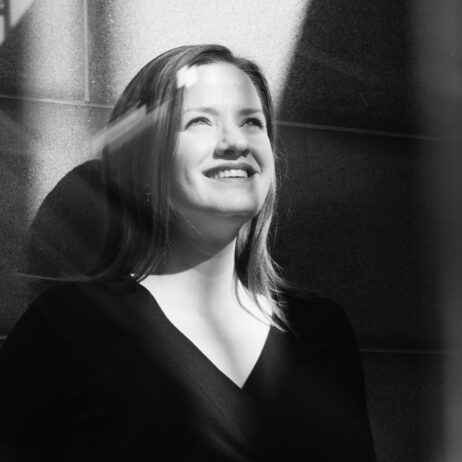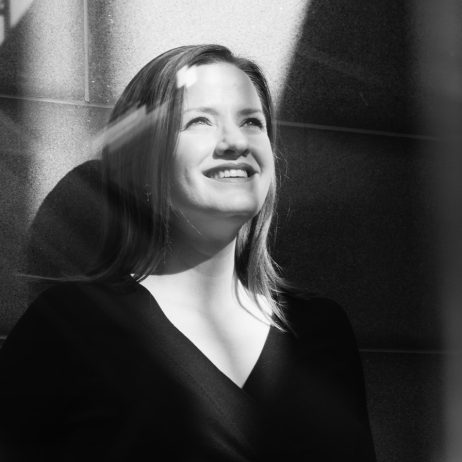More working time for the EU AI Act’s code of practice

The EU AI Act was approved by the European Parliament last year and will enter into force gradually. From the perspective of creative work, the regulation is fundamentally sound: it gives professionals, for example in music, tools to defend their rights.
One of the most important elements is the transparency obligation regarding the datasets used to train AI models. When creative professionals gain sufficiently detailed information about the training data, the enforcement of rights becomes possible.
The implementation of the Act now proceeds through so-called Codes of Practice and an accompanying model form for dataset transparency reporting.
However, the current draft of the Code of Practice and the model form seriously undermines the AI Act’s intent to safeguard creators’ rights.
For example, the mandatory nature of transparency reporting has been watered down to the point of being ineffective. Under the current proposal, the creative sector would, in practice, be unable to monitor the training datasets with the necessary precision.
The European creative sector has therefore called for the Code of Practice to be rejected in its current form and sent back for further preparation. A Europe-wide petition is also collecting signatures in support of this demand.
Time is of the essence. A decision to postpone and revise the draft should be made at the EU Culture Council meeting on May 13. We urge Finland to actively support returning the draft to proper preparation. The outcome is vital for the future of creative work and the industries that rely on it.




